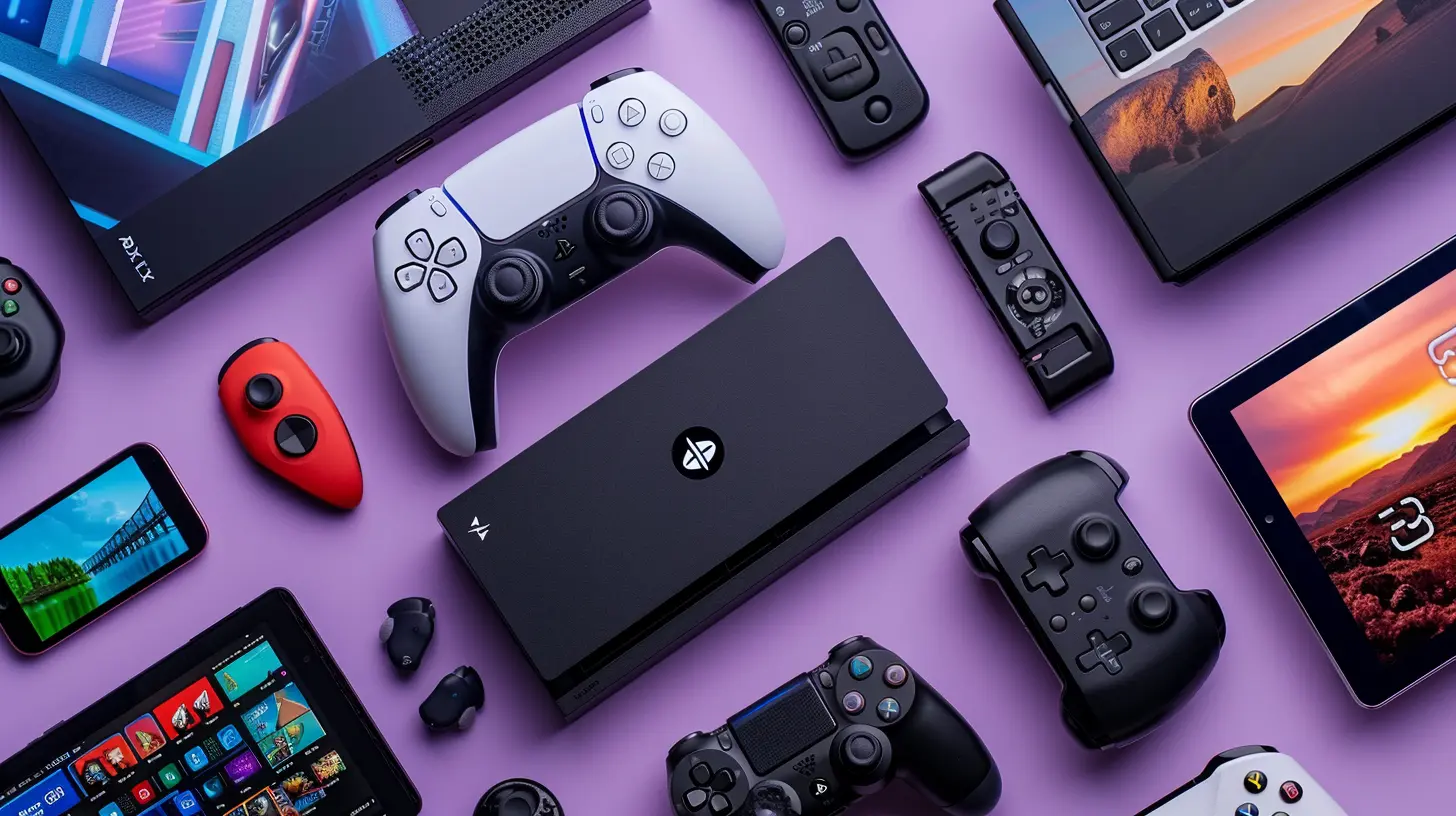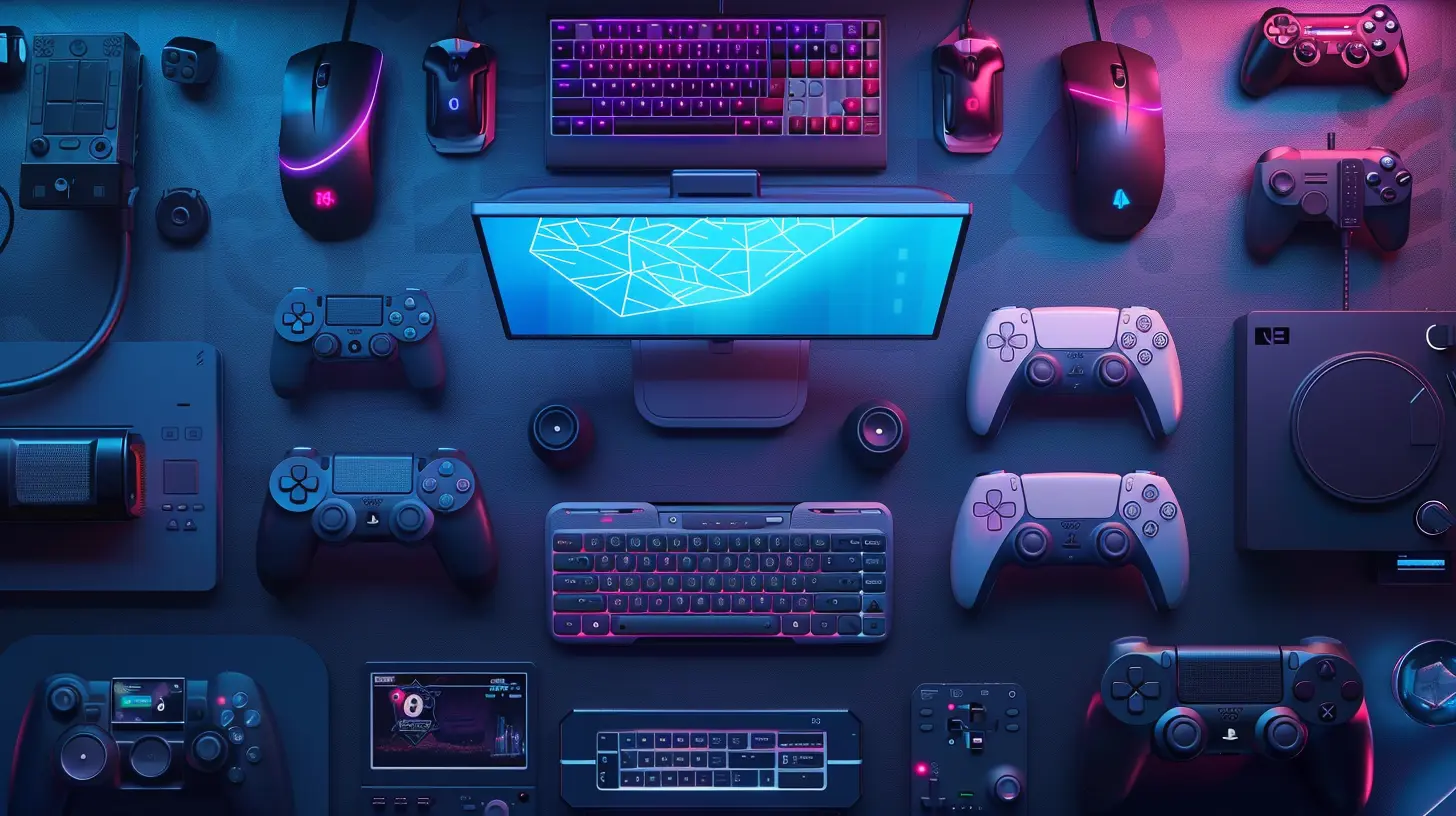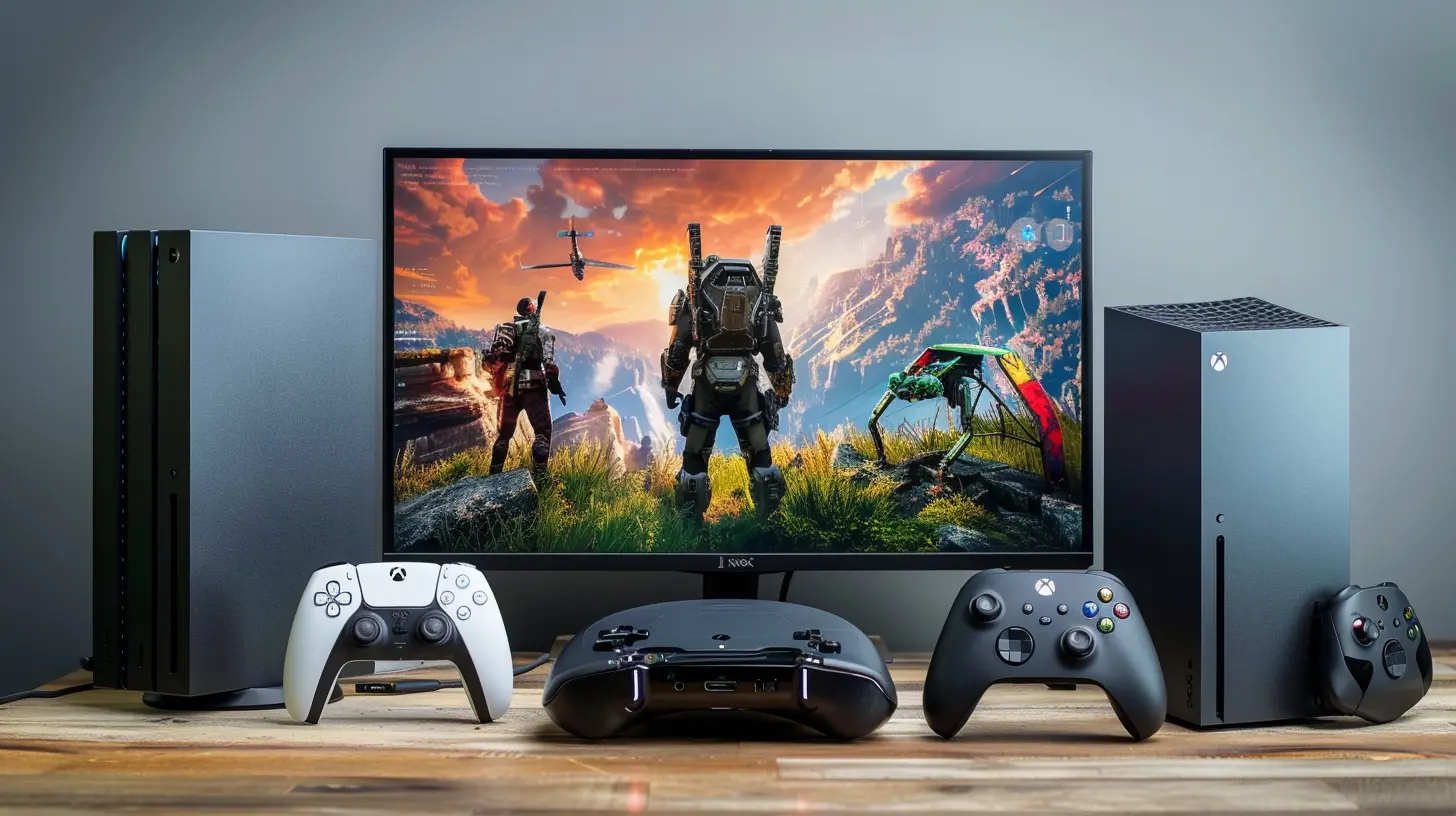Understanding Cross-Platform Play: What You Need to Know
30 July 2025
Gaming has evolved dramatically in recent years, and one of the biggest game-changers (pun intended) is cross-platform play. If you've ever wanted to play a game with a friend on a different console or device, this is exactly what cross-platform gaming allows.
But how does it work? What are the benefits and downsides? And why do some games support it while others don't? Let's dive deep into what you need to know about cross-platform play, how it’s shaping the future of gaming, and whether it’s as good as it sounds. 
What Is Cross-Platform Play?
Cross-platform play (also called Crossplay or Cross-Compatibility) is a feature that allows players using different gaming platforms—like PC, PlayStation, Xbox, Nintendo Switch, and even mobile devices—to play together in the same online multiplayer game.For example, if you’re playing Call of Duty: Warzone on an Xbox and your friend is on a PlayStation, cross-platform play enables you both to join the same match, compete, and chat in real-time.
This marks a major shift from the past, where gaming ecosystems were walled off from each other. Previously, a PlayStation player couldn't play with an Xbox player, and PC gamers had their own separate world. But now? Those boundaries are disappearing. 
How Does Cross-Platform Play Work?
At its core, cross-platform play works through shared servers and gaming accounts that connect players across different systems.Here's a simple breakdown of how it functions:
1. Unified Game Servers: Developers set up servers that allow players from multiple platforms to meet in the same online environment.
2. Account Systems: Some games use universal accounts (like an Epic Games or Activision account) that help match players regardless of platform.
3. Control Balancing: Since players on PC often use keyboards and mice (which can offer a precision advantage), some games introduce balancing tweaks to ensure fairness.
From a technical standpoint, enabling crossplay requires a lot of backend work, including adjustments to networking protocols and security policies. But with the rise of cloud gaming and better online infrastructure, it's become more viable than ever. 
The Benefits of Cross-Platform Play
So why is crossplay such a big deal? Here’s why gamers (and developers) love it:1. Play With Friends No Matter What System They Have
Gone are the days of console wars preventing you from gaming with friends. Whether your buddy is on PC and you’re on Xbox, crossplay ensures you can still squad up and play together.2. Larger Player Base = Shorter Wait Times
Gamers know the struggle of waiting forever in matchmaking queues. With cross-platform play, there are more players available, which means faster matchmaking and better lobbies.3. Extends the Lifespan of Games
Games like Rocket League and Fortnite survived and thrived for years partly because of crossplay. By connecting all players together, developers keep their games alive and active much longer.4. Better Value for Gamers
Imagine buying a game and realizing it’s useless because your friends are on a different system. Cross-platform gaming removes that frustration, meaning you get more value for your money.5. Encourages Innovation in Gaming
Crossplay isn’t just about playing together—it also pushes developers to streamline their games, improve networking tech, and create more seamless gaming experiences.
Challenges and Downsides of Cross-Platform Play
Of course, it’s not all sunshine and rainbows. Cross-platform play has its own set of challenges, and not everyone loves it.1. Balancing Issues Between PC and Console Players
PC players often have an advantage due to higher frame rates, mouse precision, and customizable controls. On the flip side, console players might get aim assist to level the playing field. But is it truly fair? That’s always a heated debate.2. Cheating Concerns (Especially on PC)
PC gaming is notorious for cheats and hacks, which can ruin games for console players. Many developers include anti-cheat technologies, but it’s an ongoing battle.3. Some Companies Are Reluctant to Support It
While Microsoft and Epic Games push for crossplay, companies like Sony have historically been hesitant (though that’s changing). The reason? They don’t want players migrating to competing platforms.4. Technical Limitations and Bugs
Games that weren’t designed for crossplay can experience issues. Servers may struggle with different hardware capabilities, and sometimes features get removed to make it work.5. Voice Chat and Communication Barriers
Different platforms have different voice and chat systems, which can make coordinating with teammates difficult. Some games solve this with in-game voice chat, but not all.Which Popular Games Support Cross-Platform Play?
Interested in trying out crossplay? Here are some of the biggest games that support it:- Fortnite (PC, PlayStation, Xbox, Switch, Mobile)
- Call of Duty: Warzone (PC, PlayStation, Xbox)
- Minecraft (PC, PlayStation, Xbox, Switch, Mobile)
- Rocket League (PC, PlayStation, Xbox, Switch)
- Apex Legends (PC, PlayStation, Xbox, Switch)
- Among Us (PC, PlayStation, Xbox, Switch, Mobile)
Not all games enable crossplay by default, so always check the settings or developer announcements!
The Future of Cross-Platform Gaming
So, where is crossplay headed in the next few years? Well, expect even more games to include the feature.- Cloud gaming (like Xbox Cloud Gaming and GeForce Now) will likely take crossplay to another level.
- More cross-platform progress tracking (saving your game progression no matter where you play).
- Standardized rules for competitive gaming to avoid unbalanced matchups.
With gaming becoming more inclusive, crossplay isn't just a trend—it's the future.
Should You Enable Cross-Platform Play?
Most modern games let you turn crossplay on or off in the settings. If you prefer fairer matchups, disabling crossplay might be ideal (especially if you're on console and don’t want to face PC players).However, if you just want to have fun with friends or find more matches, keeping it on is the best way to go.
Conclusion
Cross-platform play has redefined multiplayer gaming, allowing us to play together no matter what device we own. While it has some drawbacks, the advantages far outweigh them, making the gaming world feel more connected than ever before.So, next time you're wondering if you can team up with a friend on a different system, check if the game supports crossplay—chances are, it does!
all images in this post were generated using AI tools
Category:
Gaming ConsolesAuthor:

Marcus Gray
Discussion
rate this article
1 comments
Maddox Graham
This article provides a valuable overview of cross-platform play, highlighting its potential to unify gaming communities. It raises important considerations about compatibility and player experience. As a gamer, I appreciate the emphasis on inclusivity, but I hope developers continue to address technical challenges to enhance seamless gameplay across platforms.
August 20, 2025 at 4:42 AM

Marcus Gray
Thank you for your insights! I completely agree that inclusivity and technical improvements are essential for enhancing the cross-platform experience. Your feedback is appreciated!

